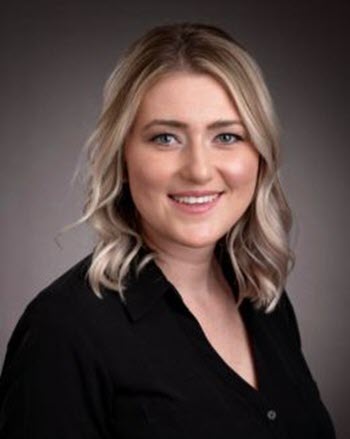Dr. Sarah Blakely-McClure – Psychologist
Dr. Sarah Blakely-McClure is a Registered Psychologist with the College of Psychologists of Ontario. She earned her doctorate degree in Clinical Psychology from the University at Buffalo, in Buffalo, New York. Dr. Blakely-McClure completed clinical training at the Centre for Addiction and Mental Health focused on providing therapy for children and adolescents who were having difficulties with behavior, anxiety and/or depression. Since this time, she has worked in private practice seeing a range of children and adolescents, and adults who have experienced difficulties with behavioural difficulties, anxiety, depression, and self-esteem difficulties. She is a member of both the Canadian and Ontario Psychological Association as well as the College of Psychologists of Ontario.
Outside of her practice, she is an assistant professor at Canisius University in Buffalo, NY where she both teaches psychology courses and conducts her own research. Broadly, her research focuses on both protective and risk factors that place children on a maladaptive or adaptive pathway for adjustment. More specifically, her work examines aggression, bullying, peer victimization, and social-cognitive factors (e.g., social information processing or for example when children have a hostile world view) and their associations with the development of psychopathology (e.g., depressive or anxious symptoms). She is also interested in pursuing research that helps us to understand these early processes and the development of psychopathology, in order to inform the development of effective early childhood interventions.
Currently, Dr. Blakely-McClure offers treatment for parents and young children dealing with difficulties with behavioural problems (e.g., aggression, defiance, emotional outbursts) and early emerging anxiety difficulties. Dr. Blakely-McClure uses multiple modalities to support children and their families that is centred around the child and family’s needs she is working with. She uses evidenced-based methods to help young children and their families including behavioural therapies, cognitive-behavioural therapies, and dialectical behavior therapy. She currently is focused on providing services virtually, with availability for parent consultation sessions.
Email: sblakely-mcclure@hillcrestpsychology.ca
Availability:
Tue 5pm-7pm
Fri 10am-2pm
Hourly Rate: $235

